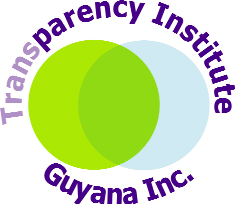There has been various reporting in Guyana that has called into question how government offices manage public funds. The most recent of which is the Ramnarine imbroglio involving $90 million. Although the amounts and the institutions have varied over the years, the common denominator has been the misappropriation of public funds and the management of expenditure and procurement. Of concern also is whether these are isolated incidents or whether we are witnessing the tip of the iceberg. Irrespective of the amount, misused public funds has a direct impact on citizens and especially the poor who rely on public services the most. If money is being siphoned off, or not being used appropriately then key social programmes, economic development etc will be affected. What is equally harmful for state-society relations, is the perception of government corruption by the public and inter alia the erosion of public trust. These circumstances demand a shift in how public funds are managed, monitored and highlight a role for citizens in holding public officials to account. Can a nurse, a student or a minibus conductor play a role in anti-corruption efforts? This article explores one effective and groundbreaking method of tackling corruption and resource distribution in Brazil. It argues that all citizens have a right to know how public funds are being spent and government has a responsibility to be responsive and to ensure that funds are being spent in accordance with the priorities of the public.
Corruption is a reality in public office throughout the world. In recent years, corruption has entered the mainstream and is being researched, discussed, measured (Corruption Perceptions Index) and addressed. Governments are taking action to address the problem of corruption – several governments have introduced anti-corruption laws, provided protection for whistleblowers, prosecuted corrupt officials and introduced programmes to

